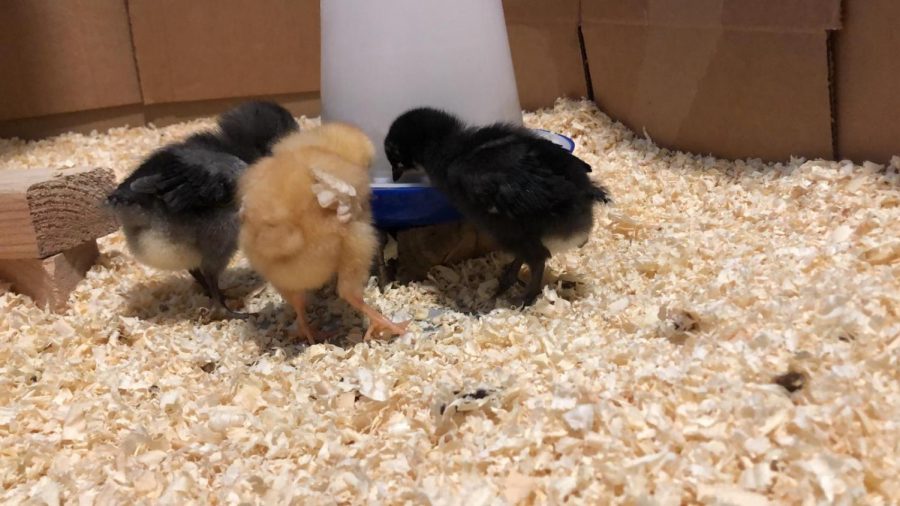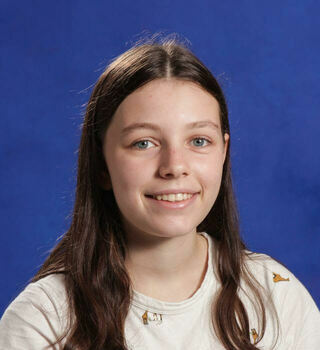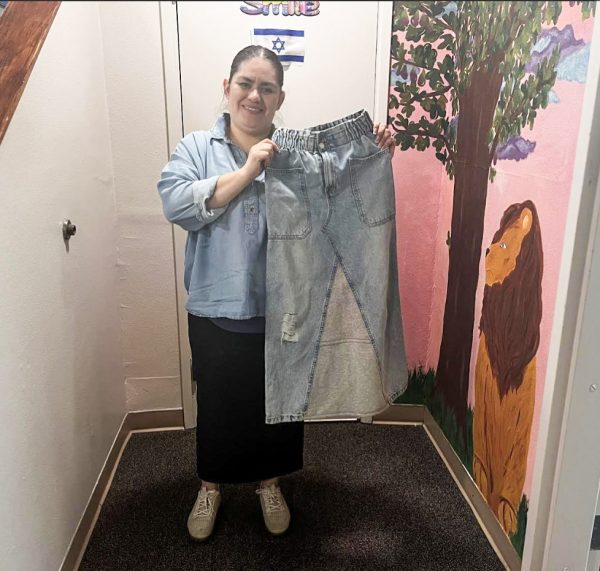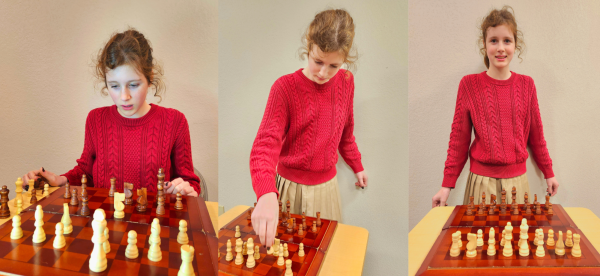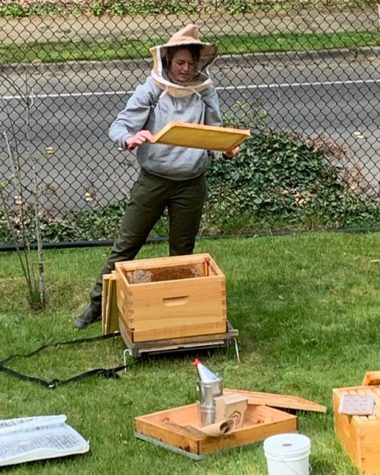Chickens help students learn responsibility
NYHS’s newest members bring a different kind of learning experience.
NYHS Head of School Jason Feld likes to think outside the box — or should we say coop.
Feld is attempting to foster a sense of communal obligation and unity around a shared purpose by giving NYHS students the opportunity to take care of chickens on campus. Chickens are “something that we actually have to take care of as living beings,” he said. And as a plus, they’re “super cute and fun.”
So, on a soggy gray Friday morning in February, Feld and his sons unloaded three chicks from his car. He got the chicks from a Wilco farm store on Bremerton Island and they lived in an incubated brooder in Feld’s basement for about five weeks. The chicks’ feathers recently finished growing in and they were moved into their outdoor coop at NYHS, so students can greet them as they return to full in-person learning.
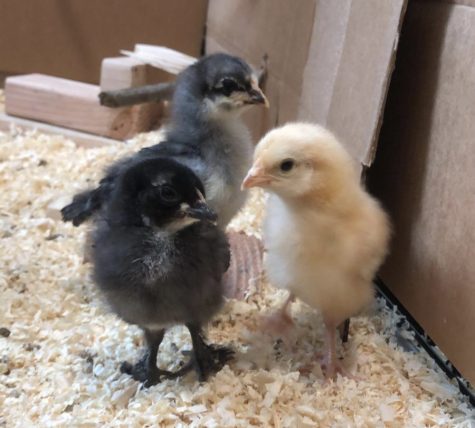
With so little time spent engaging in quality social interactions due to Covid restrictions on school activities this past year, it was hard for students to take ownership of meaningful causes or projects. Feld says that getting the chicks is in line with an approach to education that values “working together outside the classroom.” By “turning off screens and lending a hand,” Feld hopes students will “take care of these living beings [and] grow and become great leaders.”
He believes that teenagers need responsibility and jobs to take care of things that aren’t their own, and this will help them see the needs of others. He also added that the chicken coop and eggs will be an excellent “source of entrepreneurship,” and he thinks that it’s a great way to learn and practice engaging with the community when the time comes to distribute the eggs.
The chickens will bring benefits beyond encouraging students to become more mature and responsible. They will also help them apply Jewish skills. According to NYHS Director of Judaic Studies Rabbi Naftali Rothstein, the chickens will be an invaluable resource in introducing more mitzvot and halachic practices to the NYHS community. It’s important for students to learn real-world mitzvot with practical applications so that they can get out of the classroom and use them in the outside world. Some topics that will be discussed and explored in the future are dina d’malchuta dina, the laws of keeping chickens and how to apply them, and baal tashchit, or how not to waste laid eggs.
Students can start to expect daily responsibilities, ranging from cleaning droppings from the bottom of the coop to collecting eggs laid by the hens.
Feld is so excited about the chickens that if he sees that NYHS is a good place for them, he’ll consider expanding the “farm.” Said Feld, “I’ve spoken to a number of sources about getting a beehive to produce our own honey, as well as two goats.”

